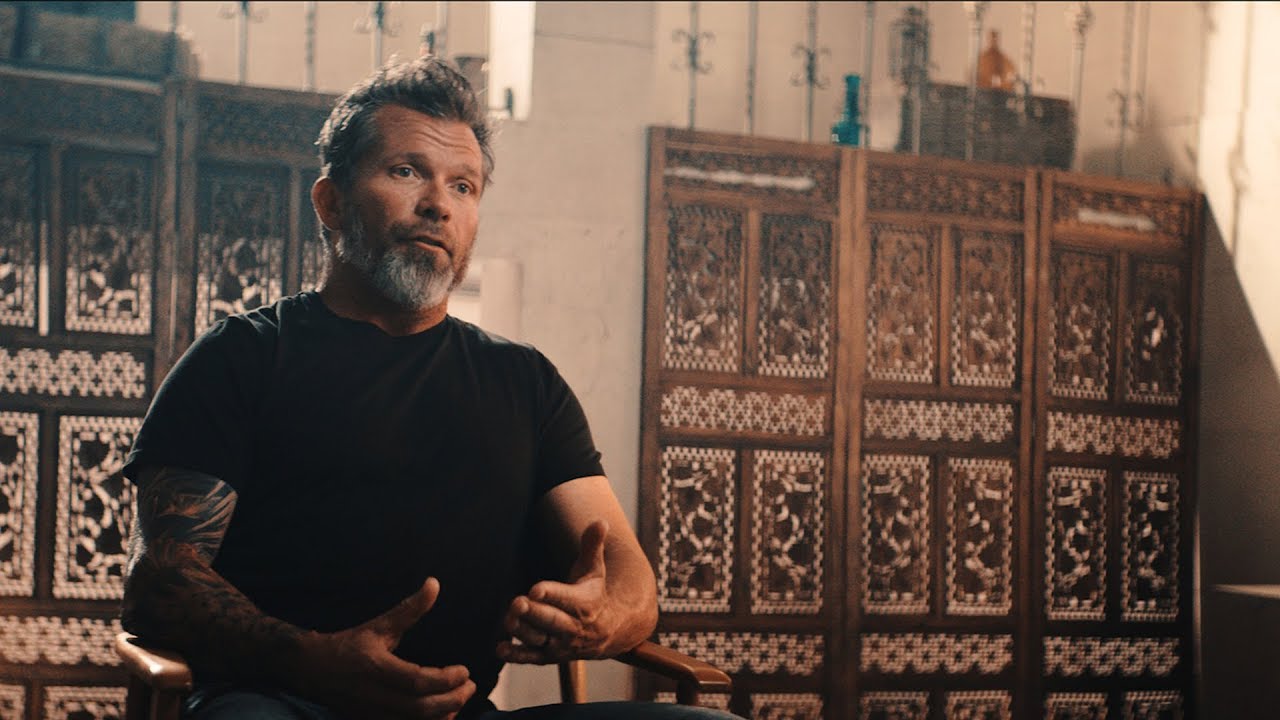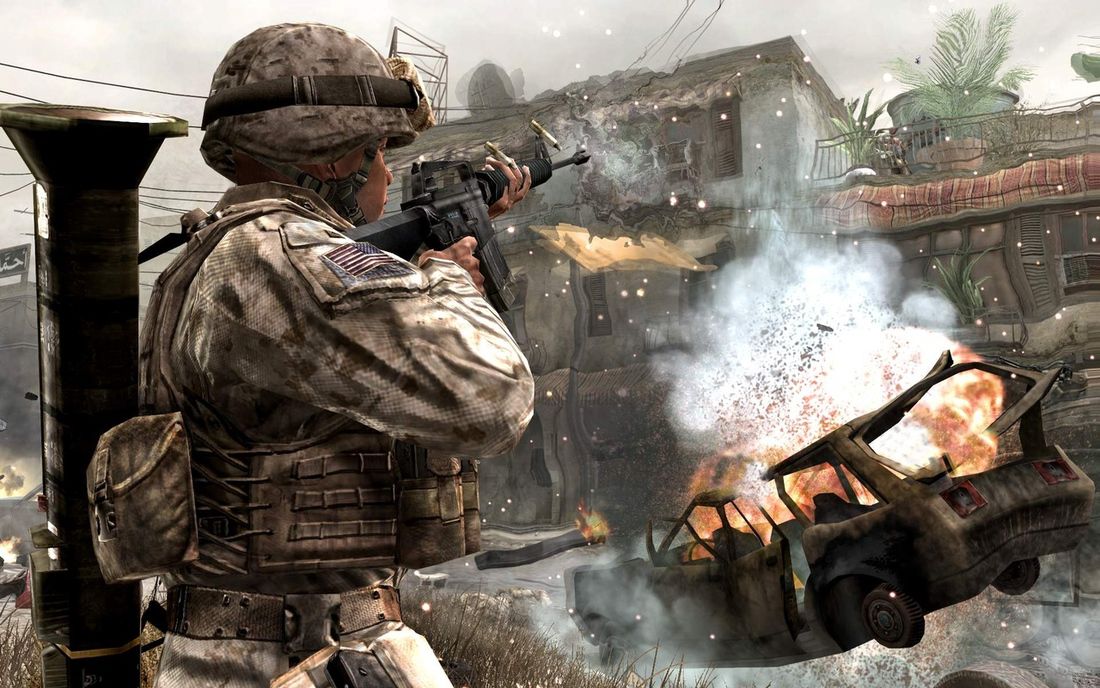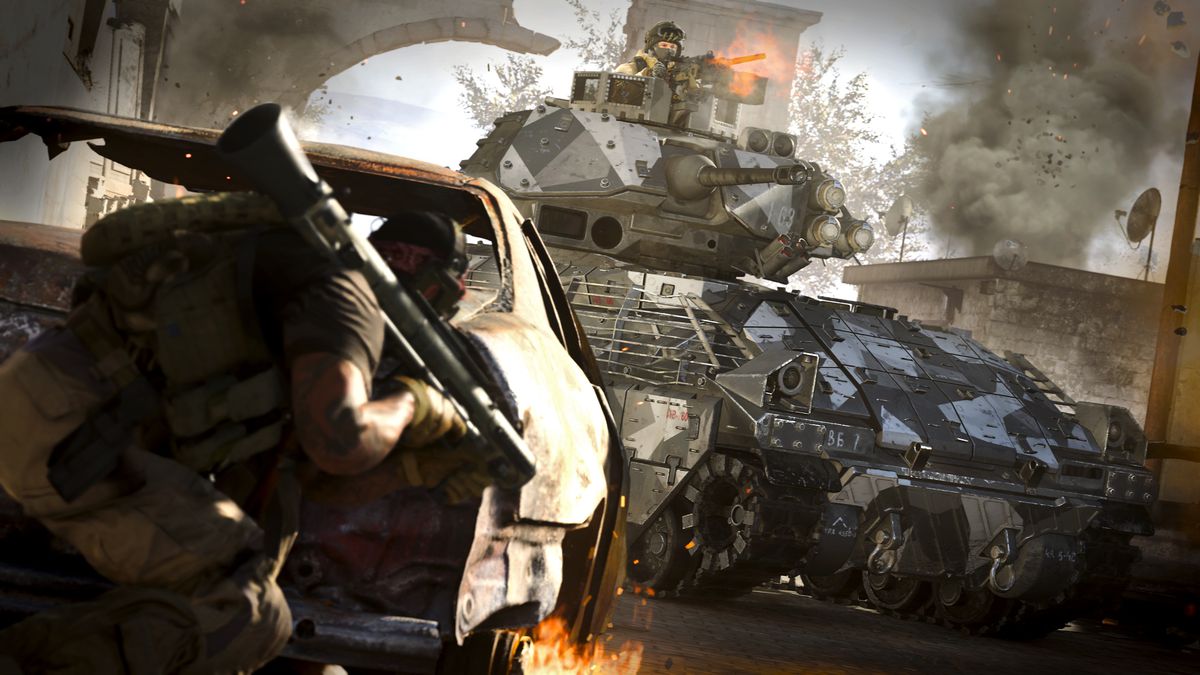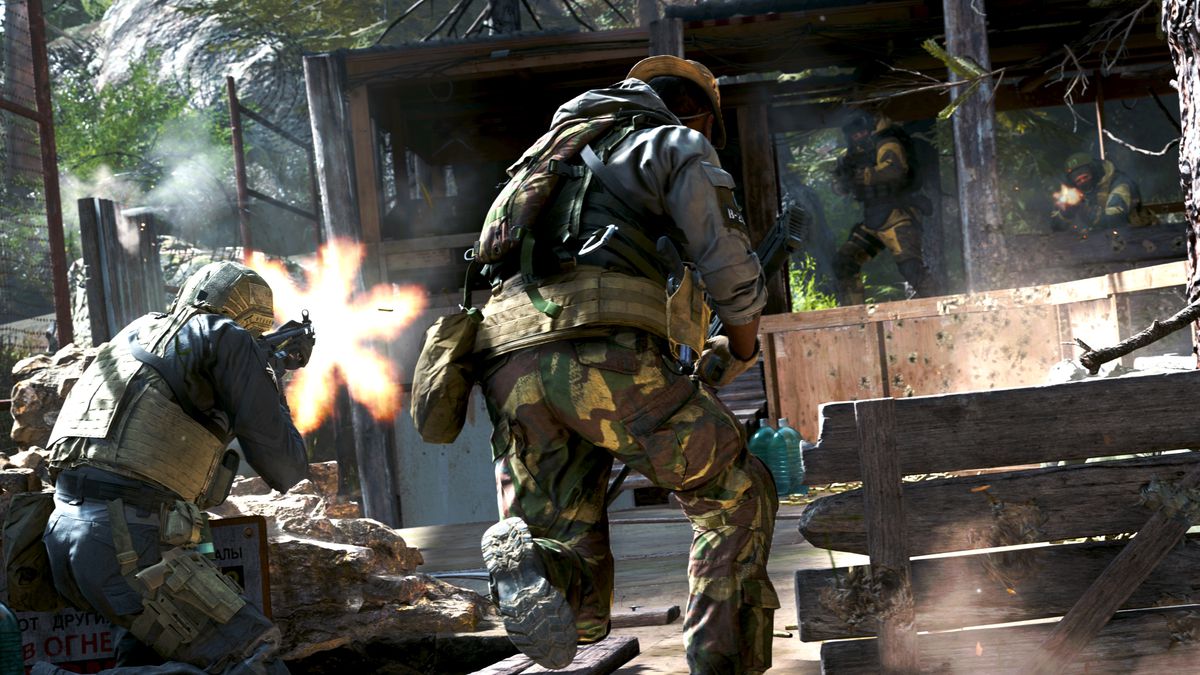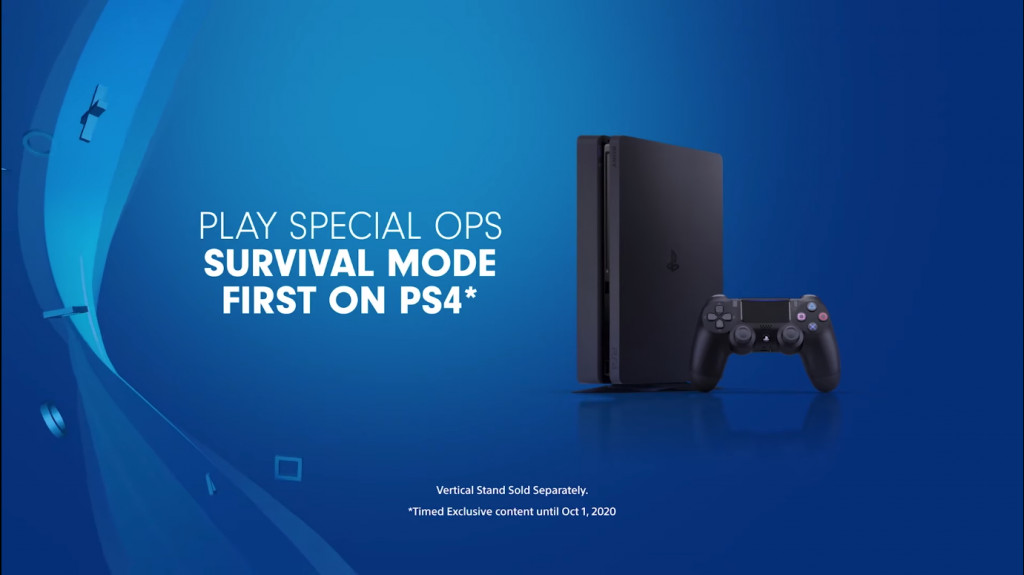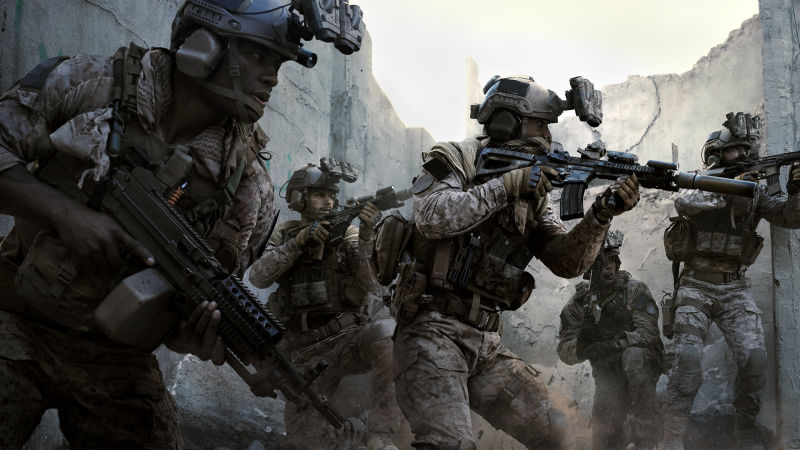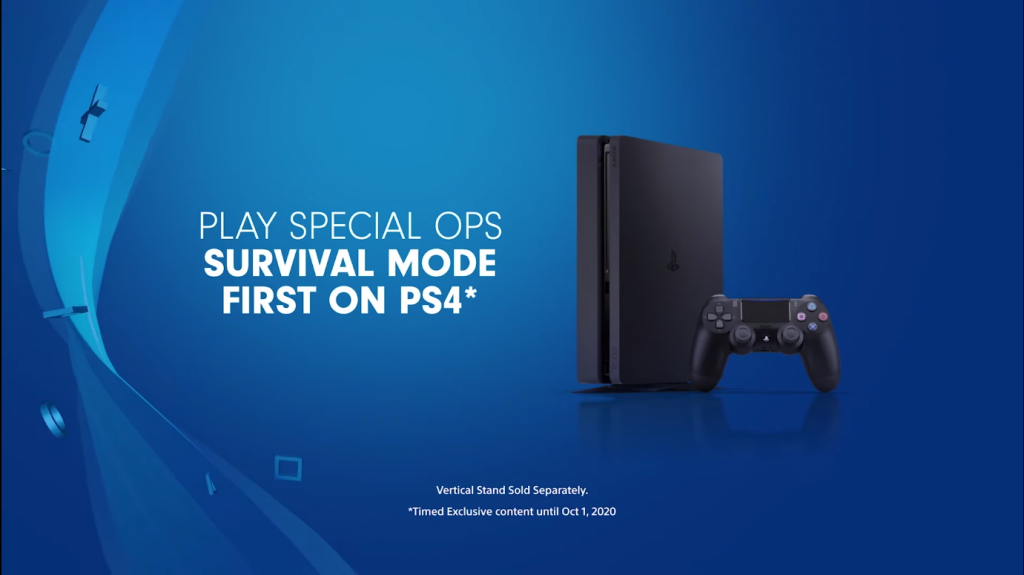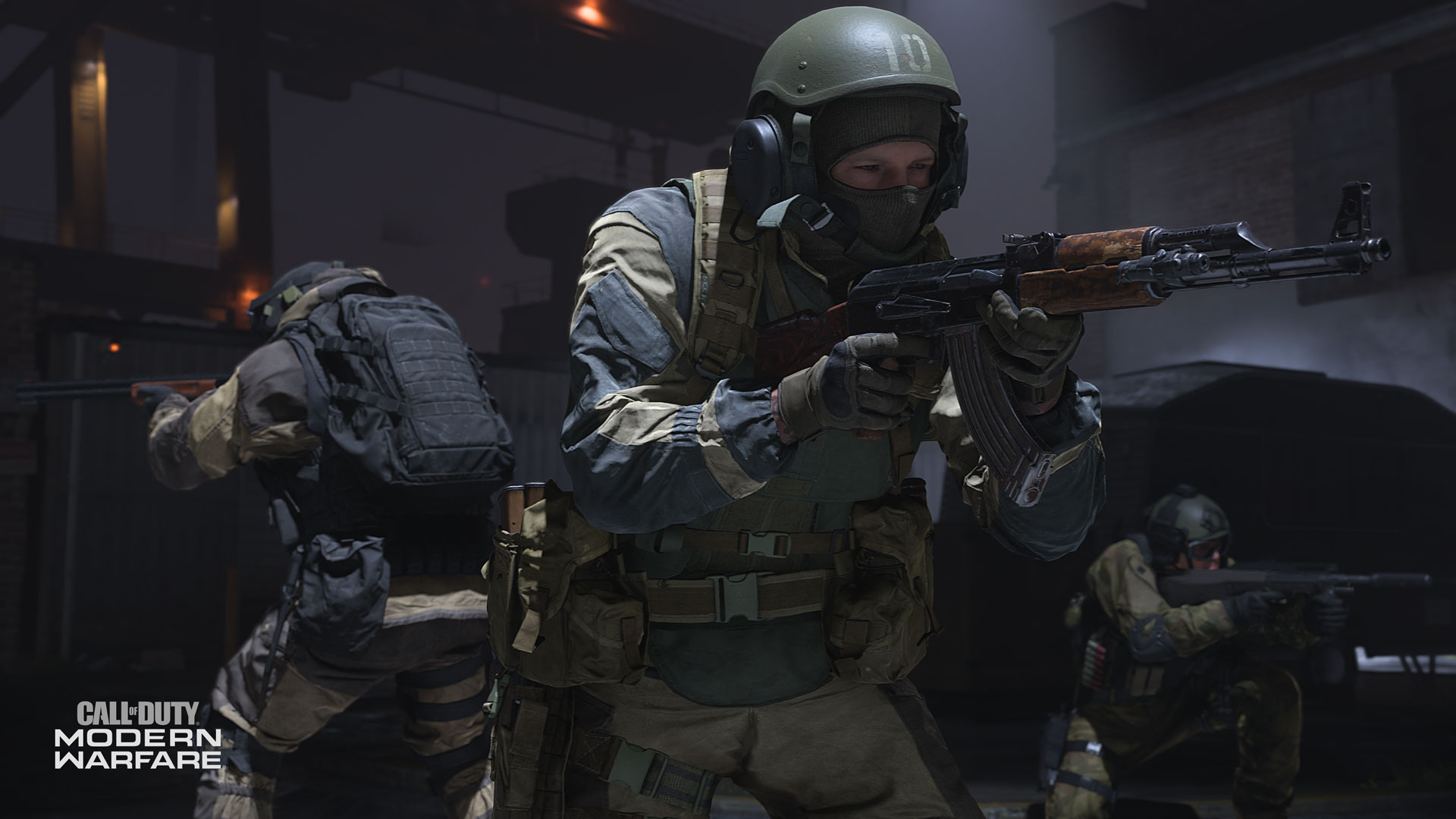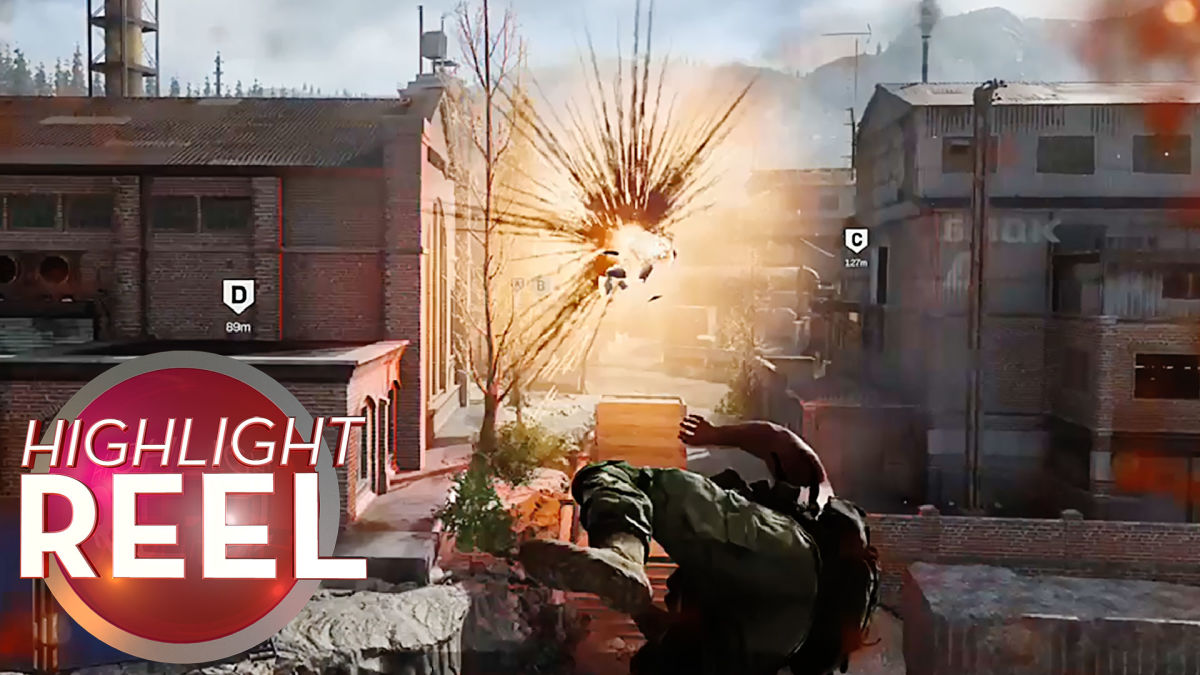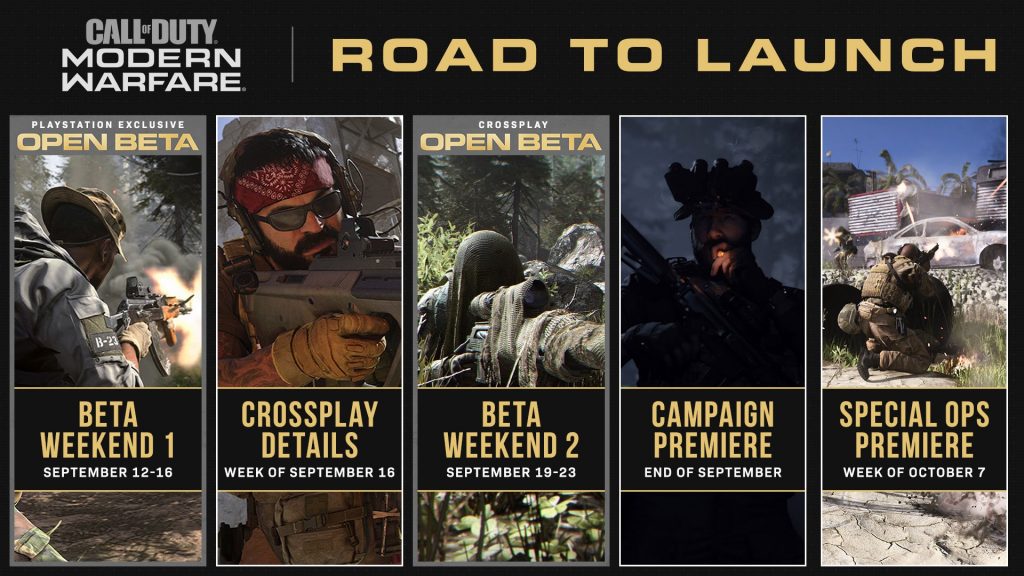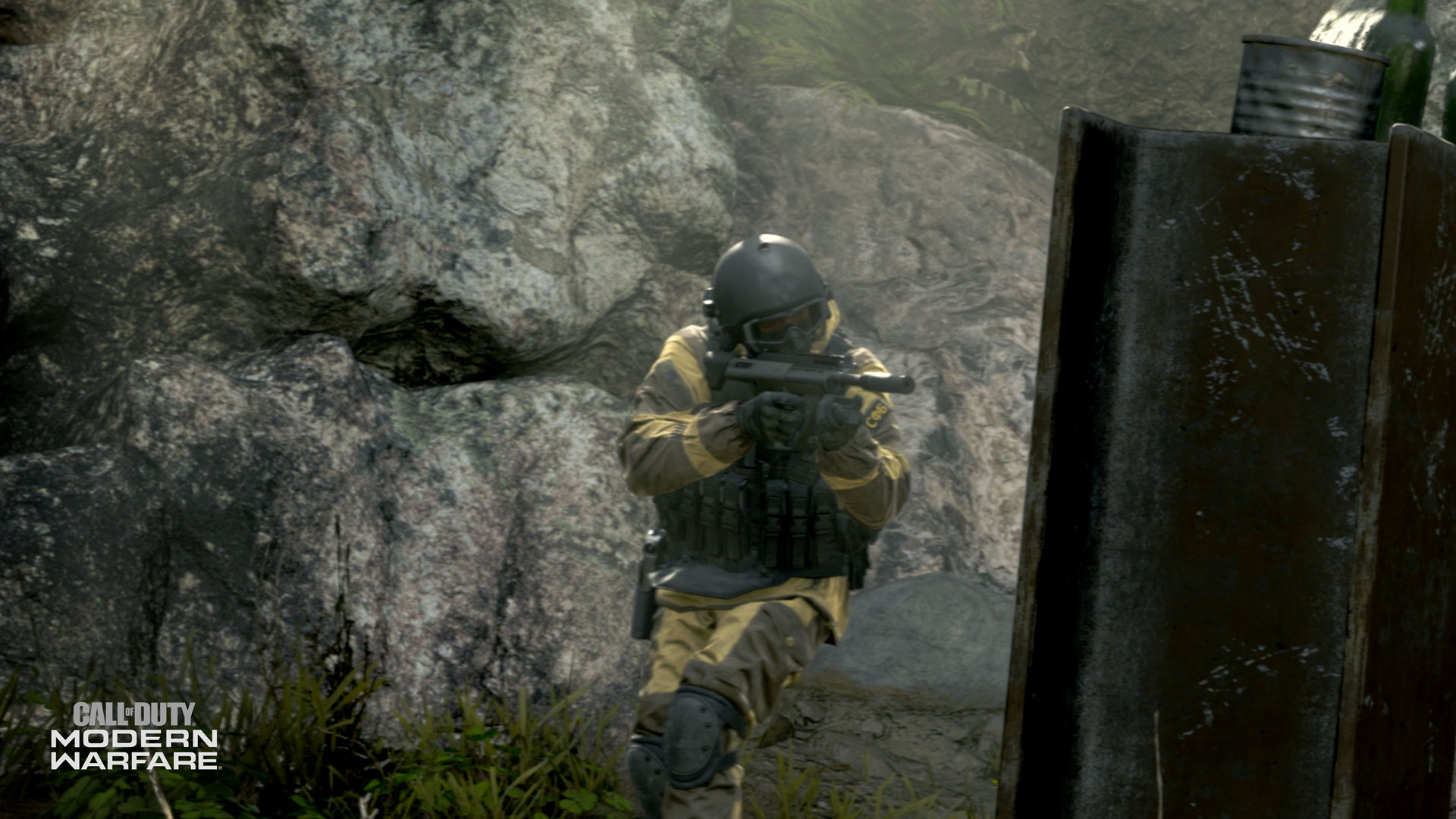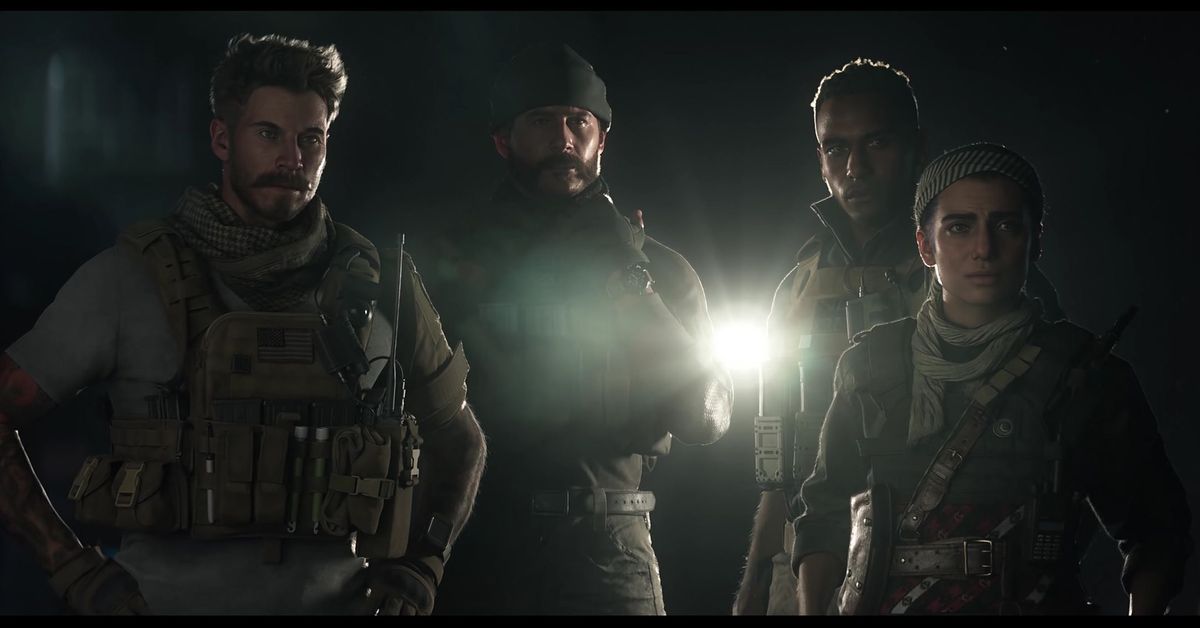
On Tuesday, the team behind Call of Duty: Modern Warfare finally revealed its campaign trailer. What lies behind the curtain is a fraught military drama, one that sees British and American special forces partnering with Middle Eastern militants to bring down a dangerous terrorist organization.
Along with that narrative, developer Infinity Ward also introduced a new and potentially divisive character to the Call of Duty lore. Her name is Farah Karim. She’s the same woman who, in the game’s opening act, survives a chemical weapons attack on her village. The same woman who watched her father murdered at the hands of a Russian soldier in her own home. Now she leads troops into battle. And, according to snippets of dialogue from the trailer, she shares a country with the same terrorist organization that Western powers are trying to track down.
Except it’s not a real country. It’s a make-believe place called Urzikstan.
Using made-up countries to avoid uncomfortable portrayals is a dodge common to films and television. The legacy of post-World War II action movies is full of enemy combatants transformed into unflattering caricatures, and one way to avoid accusations of insensitivity is to make sure those characters don’t come from real places on the map. You’re not supposed to feel for them, so where they come from is simply obfuscated.
But Modern Warfare wants to do things differently. At E3 this year, the team from Infinity Ward stressed that they want to evoke empathy for combatants on both sides of the battle line. They want players to feel something for their enemies, to see the world through their eyes. And yet the narrative team opted to maintain the status quo of othering the enemy by denying them a real country.
In Modern Warfare the Brits fight for Britain and the Yanks fight for the good ol’ U. S. of A. But Farah’s country, the narrative center of the game, is entirely fictional. So, while Western forces — and Western audiences — get to fight the good fight with a flag on their shoulder, Middle Eastern forces and Middle Eastern players aren’t given the same luxury.
At E3 this year I asked Jacob Minkoff, single-player design director at Infinity Ward, about why that is. Our interview has been lightly edited for clarity.
Polygon: These men and women that your team is portraying are just doing their jobs. They’re very good at it. They have their own motivations. They have their own reasons for doing what they do, but they each have value as people and as professionals.
[In your gameplay trailer] it’s clear that there are Russian forces. There are mixed American and British forces on the Western side. So these are flagged soldiers, fictional engagements, but real countries.
Jacob Minkoff: Absolutely.
But the Middle Eastern folks have a fictional country that they’re from and that they’re fighting for. Why give the Western folks, the white folks exploring this battle space, a nation to call their own and not give those Middle Eastern folks a nation as well? Why not place this in a real Middle Eastern country?
So the, the reason is that when you — I’m going to take it from outside in.
Sure.
So let’s look at Piccadilly.
[Note: Piccadilly is an early level in Modern Warfare, shown to the press for the first time shortly before E3. In that level, British special forces storm a residential building in London to clear out a Middle Eastern terrorist cell. The sequence has not yet been shown to the public, but you can read our impressions.]
Terrorists attack Piccadilly. They perpetrate an attack there. Why do terrorists attack other countries outside their own? In general, it’s because they feel that the governments of those countries are messing with their country. They are either involved in their politics or occupying them or whatever the case may be. So terrorism is generally directed outwards towards these threats that they feel. They want foreign power off their soil, so they say, “I’m going to attack you on your soil so you pay attention to me and feel that, ultimately, it’s not worth your while. You should get off my soil.”
OK.
So, that’s why we can have countries like the U.K. being attacked by terrorists. But, now let’s go over to the country that those terrorists come from.
Now, when we’re talking about being in that country, it becomes much more politically fraught, politically complex. You can talk about terrorists attacking a great power to get them off of their soil without specifically talking about the politics of the country from which those terrorists come, because you’re really talking more about the actions of the superpowers against that country. But, when you talk about spending a whole bunch of time in this Middle Eastern country, where we’re going to be tracking down the terrorist leader and working alongside freedom fighters in that country, we just didn’t want to get wrapped up in the politics of any specific real world country. That’s because, number one, we don’t know enough about the politics of any given country to be able to do it respectfully. And, number two, it would tie our hands as developers where we have these ideas of emotionally impactful narrative moments, exciting gameplay moments, and we want to be able to bring those to the screen without having to worry about, “Well, that’s not accurate to this conflict. That thing didn’t really happen. There are actually four different or five different or ten different parties in this country and we really would need to, if we’re going to set it there, talk about a much, much more complex geopolitical environment than we really can in the context of the video game.” So it makes sense for us to fictionalize the Middle Eastern country, but not the places that the Middle Eastern — that the terrorists from that country attack.
How do you view your role as an artist, then, in putting yourself onto the political spectrum and talking about what’s going on in these conflicts, in places like Syria and in Afghanistan, without naming them? How do you create a narrative in the places where these troops, with flags on their shoulders, who are in harm’s way right now, alongside the civilians, and the freedom fighters, and the terrorists that “work” there, too?
Yeah, I mean, ultimately, what we say is that we want you to empathize with the individuals, right? Because it is so complex you can drive yourself insane. You can make yourself completely paralyzed and feel like you can’t touch any of the subject matter at all if you start trying to focus on all the political nuance. But, instead, if you just step back and say, “What do I really want?” I want you to empathize with the individual. I want you to understand that Middle Eastern people suffer from terrorism more than almost anyone else in the world because it’s their soil, it’s happening to them. They’re the ones being hurt. We’re all terrified of ISIS, but they’re the ones who really are suffering the most. And is there a way that we can represent the spirit of those conflicts without the specifics of them?
It feels to me, though, that there is so much narrative and empathic weight on the shoulders of Farah. Do you worry for her and how your audience will see her in the end?
I don’t, because I am really confident that once you see the whole game in context, you will find that Farah is one of the most fully developed characters that we’ve ever created and I think you’ll really appreciate and enjoy playing through her story.
How will you know if she’s been successful? What’s the reaction you want people to have to her?
I want people to look at the story of Modern Warfare as a whole and say, “That is one of the best narrative experiences that I’ve played. I’m attached to these characters and I want to see where they go in the future. And I understand what they fight for, why they fight, and I empathize with them and I want to continue seeing them into the future.”
Call of Duty: Modern Warfare is coming to PlayStation 4, Windows PC via Battle.net, and Xbox One with cross-platform play. The game will be released on Oct. 25.
Source: Polygon.com
————-
Order Call of Duty: Modern Warfare From Your Preferred Store Below:
Amazon – PS4 – Xbox One
Gamestop
Bestbuy – PS4 – Xbox One
Ebay
Sony
Microsoft
Battle.net
More Purchase Options at CallofDuty.com
